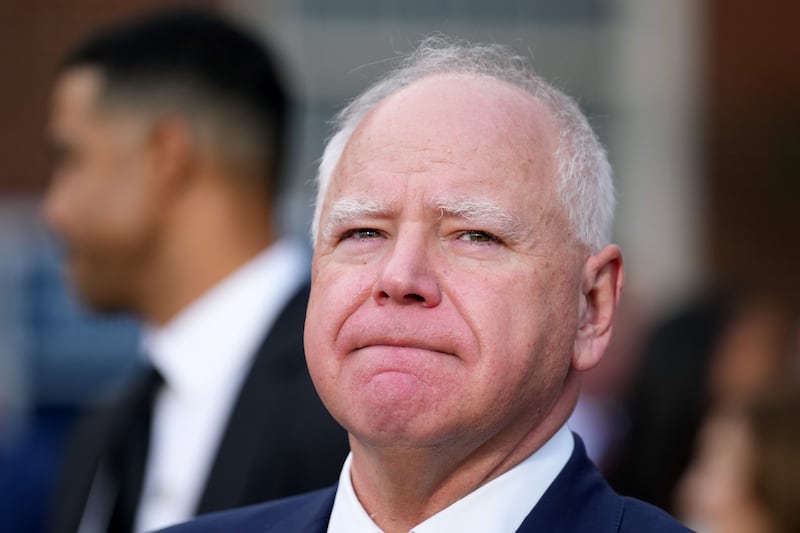Derek Chauvin: Updates, Pardon Speculation, and Ongoing Legal Impact
The case of Derek Chauvin remains a point of focus in the national conversation about police accountability and justice. As new developments unfold regarding his convictions and possible pardon, many are paying close attention to how local and national leaders are responding.

Recent Developments Surrounding Derek Chauvin
Derek Chauvin, the former Minneapolis police officer convicted for his role in the death of George Floyd, is at the center of new legal and political discussions. In 2021, Chauvin was sentenced on both state and federal charges. He is currently serving concurrent sentences totaling over twenty years, split between state and federal prisons.
Amid rumors that President Donald Trump may consider a federal pardon for Derek Chauvin, local officials are preparing for possible reactions from the community. According to a report by KSTP, state leaders, including Governor Tim Walz and the Minnesota National Guard, are coordinating efforts to ensure public safety should a federal pardon occur. These officials stress, however, that even a federal pardon would not immediately free Chauvin, as he remains obligated to serve his state sentence in Minnesota.
Legal Landscape: Federal and State Convictions
The complexities of Derek Chauvin's legal situation make it clear that a presidential pardon—if granted—would only apply to his federal convictions. State charges, upheld by both the Minnesota and U.S. Supreme Courts, keep him behind bars regardless of federal intervention. The Star Tribune details that, should a pardon occur, Chauvin would simply be transferred from federal custody back to state prison to continue his sentence.
Minnesota Attorney General Keith Ellison has clarified that presidential authority does not extend to state-level convictions. Public officials emphasize that any talk of release due to a federal pardon is not grounded in legal reality.
Community and Political Responses
The ongoing debate draws strong emotions and political opinions. The Daily Beast discusses how figures such as Marjorie Taylor Greene and other right-wing voices have advocated for a Chauvin pardon. Yet, mainstream consensus among authorities maintains that Chauvin's conviction was thoroughly upheld and based on clear evidence.
As the anniversary of George Floyd's death approaches, Minneapolis braces for renewed discussions and potential protests. Leaders have overhauled emergency management plans since 2020. They stress that even amid rumors, public safety and the integrity of the legal process remain priorities.
What Happens Next?
Derek Chauvin is expected to remain incarcerated for several more years, despite ongoing speculation and political pressure. Both his appeals and pardon possibilities continue to be closely watched. Community members, policymakers, and observers across the country follow these developments, recognizing their broad implications for justice, policing, and civil rights.
Conclusion
The story of Derek Chauvin is far from over. As legal debates and pardon rumors persist, it highlights critical intersections between criminal justice and public opinion. Staying informed through credible sources ensures a well-rounded understanding of this evolving case. For more information on the latest updates, check out detailed coverage from KSTP and the Star Tribune.